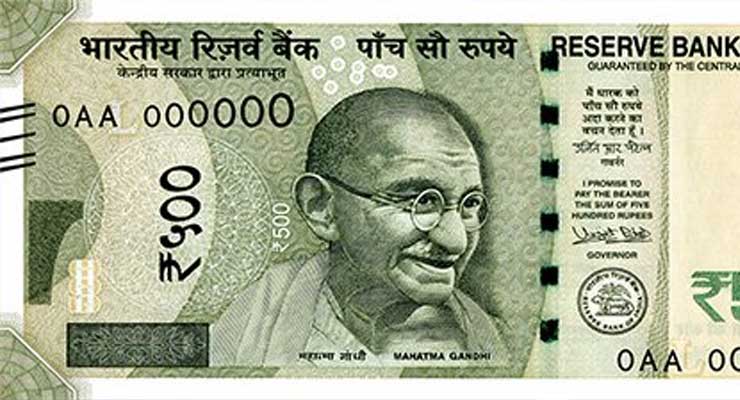
Last week the Indian government suddenly announced holders of 500 and 1,000 Rupee bills ($US 10 and $US 15) would have less than two months to deposit or redeem them for smaller bills at banks, after which time they would be worthless. Many stores aren’t accepting them already.
It was intended to fight tax cheating and the “black economy,” some of it criminal. But in a country where one in two people don’t even have access to a toilet, and the vast rural and urban poor are un-banked, this is a terribly unkind and self-defeating mistake.
Additionally, millions of “People of Indian Origin” – a citizenship status for a diaspora of Indians naturalized or born abroad whom the Modi government has spent years courting, will also be horribly penalized. CBC news in Canada has reported on their anger already.
Perhaps P.M. Modi was inspired by stories from China where criminals and corrupt officials have problems physically storing illegal bribes and booty. In China the largest bill is Y100 (US$15) meaning any substantial amount of cash takes up a lot of space and weight. For the mega-corrupt this can involve entire secret apartments filled with cash. This low-denomination policy hasn’t hurt the booming corruption industry though, just filled more apartments.
Aside the human cost of wiping out hundreds of millions of the poorest peoples’ savings, P.M. Modi’s financial recklessness has caused the Rupee to fall so horribly its chart resembles the Mexican Peso after a Trump win: not good. Investors hate abrupt unpredictability. Currency speculators love it, though, and so do Indian gold traders because in a society where gold is a savings shelter from this kind of official madness, it is already a default currency. Modi’s policy exhibits stunningly bad judgement which will damage India’s good standing, scare investors abroad, and punish the citizenry.
Internationally, though, this kind of cash hi-jinx isn’t rare: unusual for an India, but common for a Zimbabwe or a North Korea. It is spectacular when it happens. Zimbabwe’s now discontinued trillion dollar bills are collectors’ items (only). In 1998 post-USSR Russia the government devalued the Ruble overnight, causing terrible civic trauma and wiping out millions of ordinary Russians’ savings. Another sad example is one we almost never heard about in the West. In 2009 North Korea flash-devalued its domestic won, thus deleting the entire cash savings of a growing merchant class who had stepped in when the state distribution system (of food, soap, everything) fell apart. It was Kim Jong Il’s way of destroying “capitalists” who had fed his starving country for over a decade.
Fighting tax evasion and illegal industries by currency reform can be done in a more effective and merciful way, however. In the EU, the 500 Euro bill (nicknamed the “Bin Laden” because it supposedly helped terrorists) was gradually withdrawn from circulation, though they still remain valid in some states for bank exchange, as do our own US$ 500 bills which, to tackle drug dealers, were “passively discontinued” from general circulation decades ago.
Going further, progressive Sweden has been moving away from a cash economy entirely, towards an electronic one for several years now in a gradual, typically Swedish slow and steady manner.
Apparently India is taking its cues from North Korea, Zimbabwe, and Russia, rather than Sweden, the EU, or the US. For a country trying to move forward, lift millions out of poverty, and attract investment, this abrupt collective punishment is a sad presage of India’s future under P.M. Modi.
Leave a Reply